This month, just shy of 40,000 medical residents within the U.S. began their post-graduate medical education. With their medical degrees in tow, these individuals will spend the next three to seven years developing the skills they need to provide quality attention to patients in need. With the pandemic pressing on, medical residencies may look different this year. This is especially true for first-year residents who will be experiencing everything for the first time.
Below we highlight some of the changes to residency that first-year and returning medical residents can expect.
Personal Health Will Be a Priority
When COVID-19 cases began to grow, there was the idea that the virus was not severe for young people. Since then, many teens and young adults have contracted the virus. As most medical residents fall in this age group, they can contract COVID-19, especially if they are required to come in contact with several patients and other healthcare professionals daily.
Residents will need to do everything they can to stay healthy, both mentally and physically. They should focus on maintaining a healthy diet, getting enough sleep, and giving themselves time to decompress through exercise or socialization from a safe distance.
Should residents begin to feel sick or show symptoms of COVID-19, it is crucial that they be honest about it. Taking a few days or weeks off could, at this point, save lives.
The Curriculum will Be PPE-Heavy
To limit the chance that a resident or patient contracts COVID-19, residents can expect to spend a generous amount of time learning about personal protective equipment. Residents will learn how to put on and take off the equipment in a safe manner and should be encouraged to ask questions if they are confused.
Teaching hospitals will probably include information on how to sanitize and disinfect at home after a day at the hospital. Residents will need to get in the habit of washing their clothes often and being mindful not to be in close contact with roommates, especially those who may be at a higher risk of contracting COVID-19.
Remembering the Attraction to Medicine Will Be Essential
Providing medical care during the pandemic may not be comfortable or glamourous. Although residents may build camaraderie through these difficult times, they may also miss out on opportunities for socialization both inside and outside of their continuing education. Medical students will need to remind themselves why they chose this profession, be it to improve or save lives or to test their intellect. Such reminders allow individuals to see the larger picture and understand where they fit concerning the pandemic.
In an interview with the American Association of Medical colleges, one physician suggests that medical residents think back to medical school and how they completed four years of intense studying and coursework. If residents made it through that, they can get through residency too!
Medical Schools Will Also Experience Change
Medical residents won’t be the only ones navigating new waters this fall. Many medical students will enter the 2020 academic year in the coming months with course schedules composed of mainly online learning.
Medical schools are emphasizing that this learning structure will only be temporary. They suggest that students still move somewhere close to the school’s vicinity, so they are ready to participate in on-campus learning opportunities when the time comes. Because these institutions are educating tomorrow’s healthcare providers, they may be the first to adopt in-person learning should COVID-19 case numbers begin to plateau.
Jumpstart your journey to becoming a U.S. Physician.


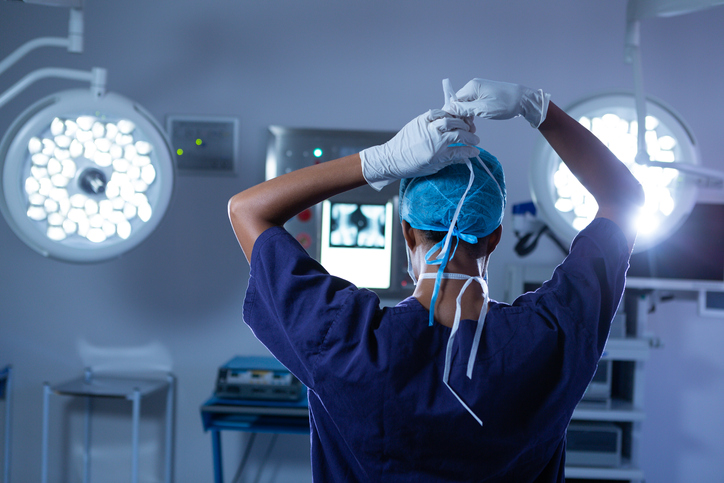
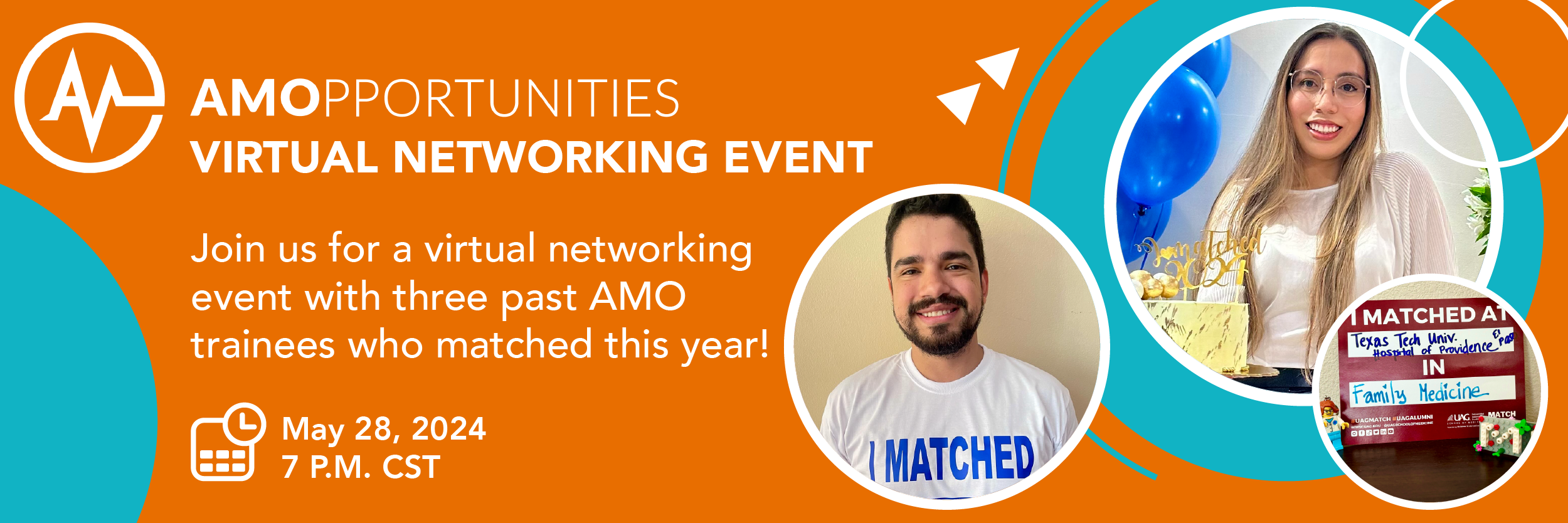
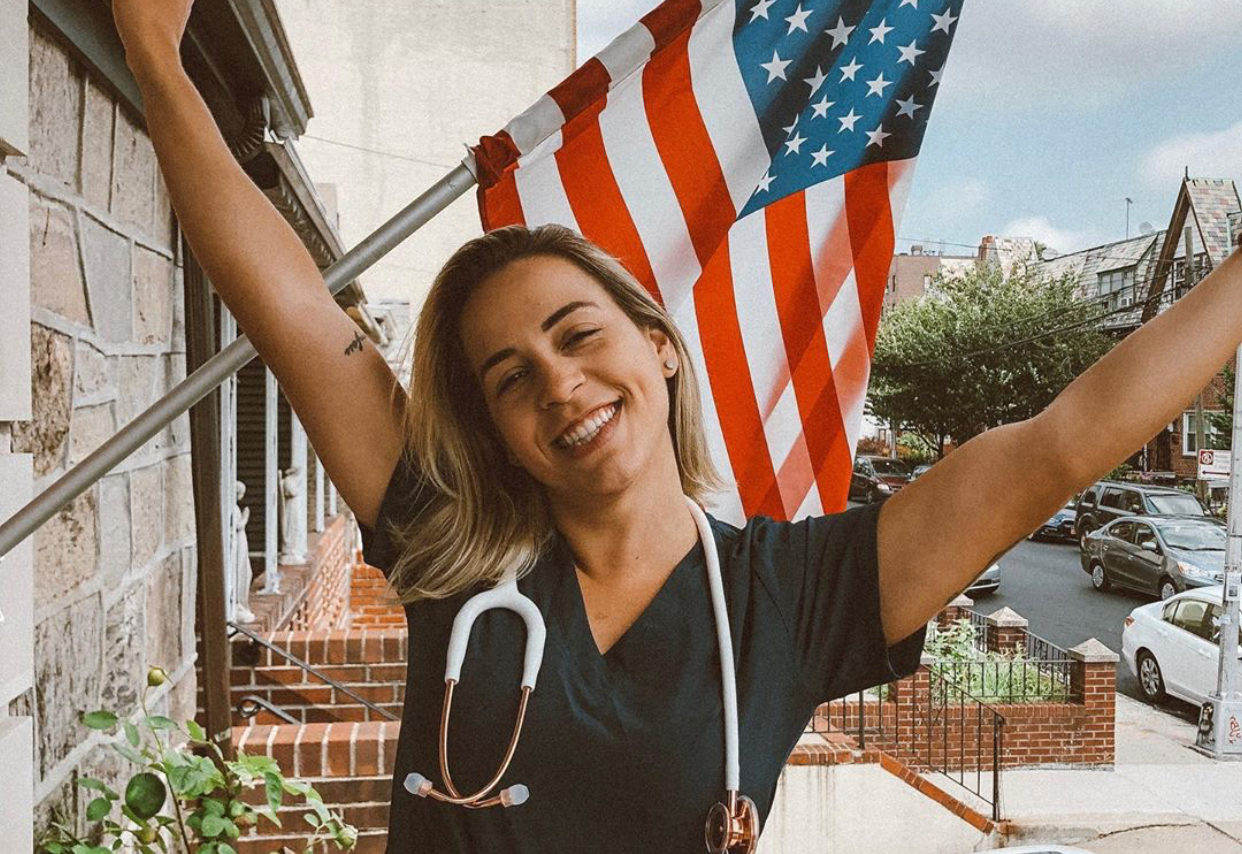
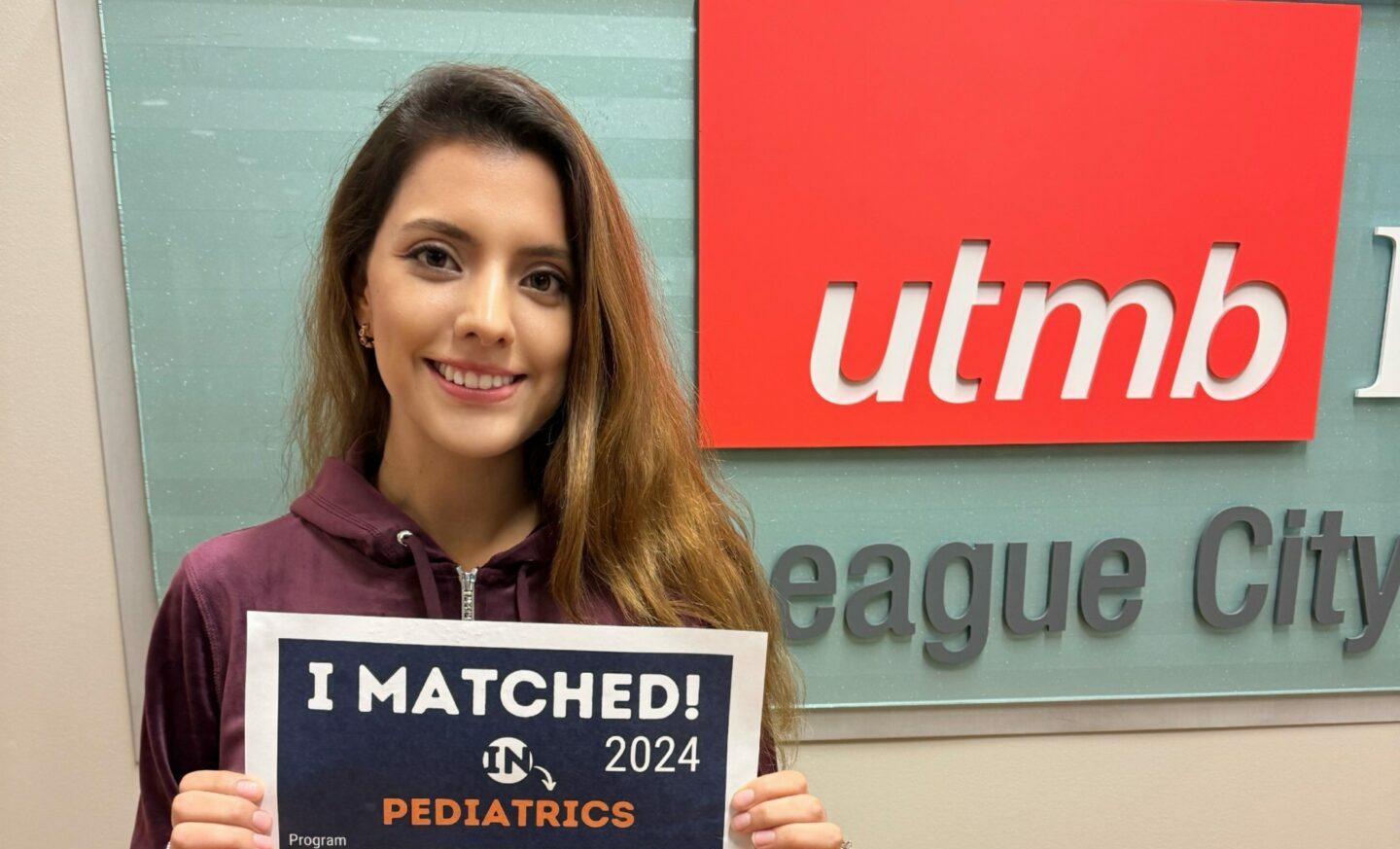
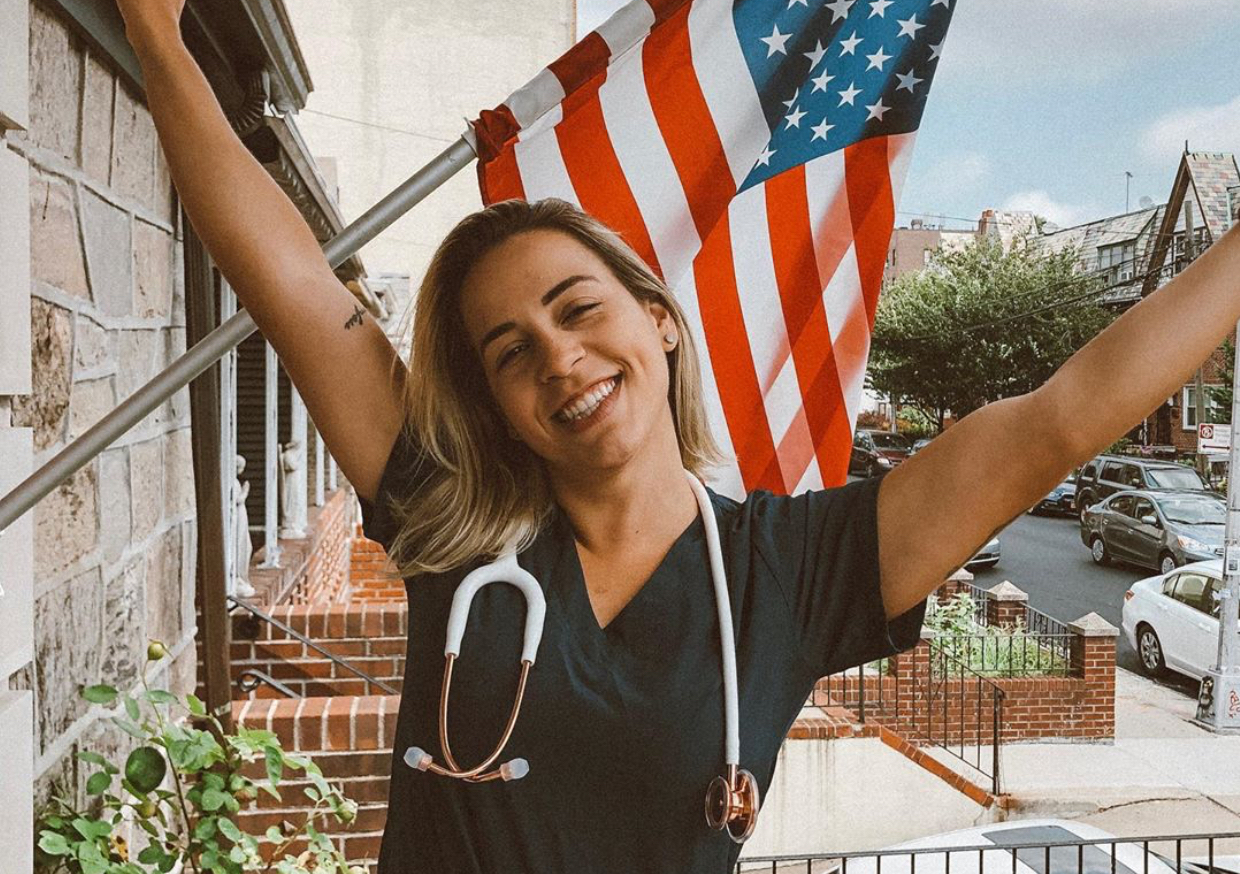
Leave A Comment